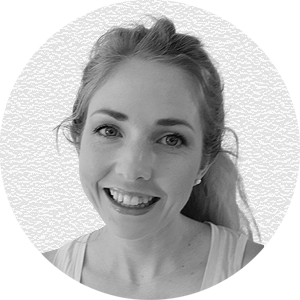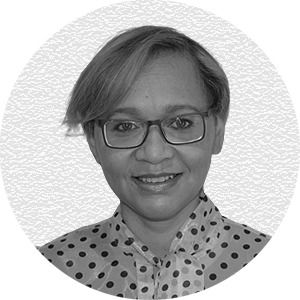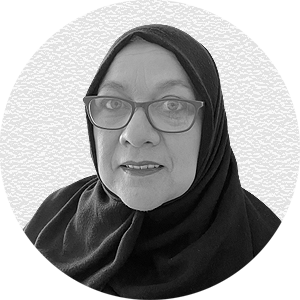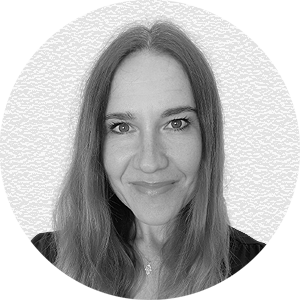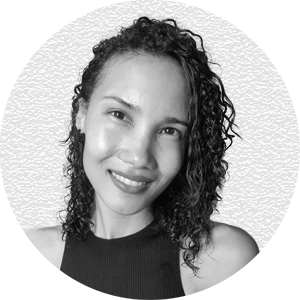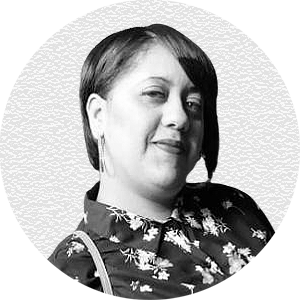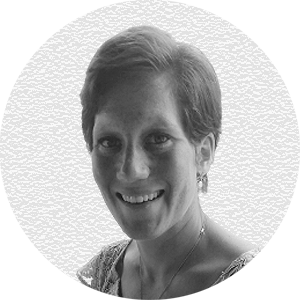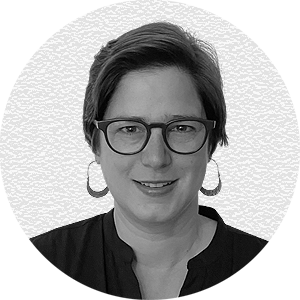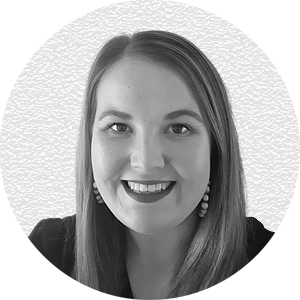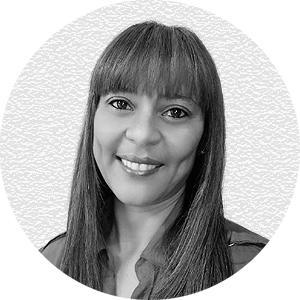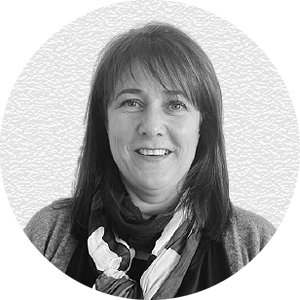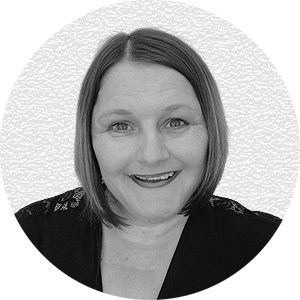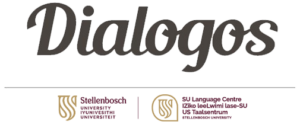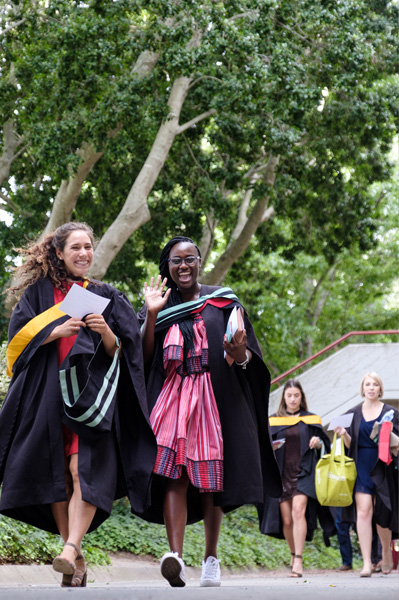 Internationally and in South Africa, academic and professional literacies are increasingly viewed as an essential component of the formal academic higher education curriculum, for undergraduates to overcome the articulation gap, as well as for postgraduate students. There is a growing view that students in higher education should be taught not only content knowledge, but also how to learn, how to acquire knowledge and how to communicate knowledge in academic, social and professional settings.
Internationally and in South Africa, academic and professional literacies are increasingly viewed as an essential component of the formal academic higher education curriculum, for undergraduates to overcome the articulation gap, as well as for postgraduate students. There is a growing view that students in higher education should be taught not only content knowledge, but also how to learn, how to acquire knowledge and how to communicate knowledge in academic, social and professional settings.
The ability to cope with academic discourse is not an inherent skill. Academic discourse is a language of its own; a ‘new’ language that most students have not used before entering university, regardless of their backgrounds (Bourdieu and Passeron 1990).
Students enter university with differing backgrounds and varying needs, but in all cases there is a gap between high school and the current university system. This gap is known as the articulation gap: the difference between what learners are able to do when they leave high school and what is required from them to succeed at university when they enter higher education.
By its very nature, university education is text-driven, and language used in academic texts is naturally context-reduced when one compares this type of language to normal conversation, which requires a high level of contextual understanding to make meaning. Academic discourse stresses the way that language is used, but includes values and attitudes, ideology and the influence of social class and biography on academic literacies (Gee, 1992). In its approach to academic literacies, Stellenbosch University (SU) takes these and other factors into consideration, as does the Language Centre. The Conceptual Framework for Academic Literacies at SU guides our efforts. (Also available in Afrikaans.)
The Language Centre’s credit-bearing academic and professional literacies modules are tailor-made in response to the unique needs of each SU faculty, and aim to help students to bridge the gap between school and university. Our lecturers see learning as a partnership, where teaching activities facilitate knowledge-building and actively engage students in their own learning.


 Internationally and in South Africa, academic and professional literacies are increasingly viewed as an essential component of the formal academic higher education curriculum, for undergraduates to overcome the articulation gap, as well as for postgraduate students. There is a growing view that students in higher education should be taught not only content knowledge, but also how to learn, how to acquire knowledge and how to communicate knowledge in academic, social and professional settings.
Internationally and in South Africa, academic and professional literacies are increasingly viewed as an essential component of the formal academic higher education curriculum, for undergraduates to overcome the articulation gap, as well as for postgraduate students. There is a growing view that students in higher education should be taught not only content knowledge, but also how to learn, how to acquire knowledge and how to communicate knowledge in academic, social and professional settings.